As the world bids farewell to Pope Francis in one of the largest state funerals of the decade, global attention has turned not only to the solemnity of the rites at St. Peter’s Basilica but also to the diplomatic tensions set to unfold — particularly involving United States President Donald Trump.
This will be Trump’s first overseas trip since returning to the presidency in January, and it comes at a moment of serious unresolved geopolitical disputes.
With over 130 official delegations attending — including 50 heads of state and 10 reigning monarchs — the funeral is one of the most politically delicate events in recent history.
Seating by protocol, not politics
Despite leading one of the world’s most powerful nations, Trump will not occupy a front-row seat at the funeral. Following strict Vatican protocol based on French alphabetical order — the traditional diplomatic language — countries are seated accordingly.
This places the US delegation (État-Unis) behind Ethiopia and ahead of Eswatini in the official section.
The most prominent seats are reserved for Argentina, the late Pope’s home country, represented by President Javier Milei, and for Italy, given its historical and ecclesiastical connection to the papacy.
Next come the monarchs, including King Felipe VI and Queen Letizia of Spain, as well as other royal figures such as Prince William, attending on behalf of King Charles III.
Only after these VIPs will heads of state like Trump be seated, followed by other dignitaries.
Trump will attend alongside First Lady Melania Trump and a bipartisan US delegation led by US Senator Susan Collins and House Majority Leader Steve Scalise. Also part of the group are former Speaker Nancy Pelosi, Senators Ed Markey and Dick Durbin and Representatives Laura Gillen and Tom Suozzi.
Former US President Joe Biden, who conferred the Presidential Medal of Freedom on Pope Francis before leaving office, will also be in attendance. However, he will not be part of the official US delegation and is expected to sit further back among other global VIPs, reported Reuters.
Will past tensions with world leaders resurface?
Trump’s past international engagements have frequently turned into arenas of confrontation. From his disputes with Angela Merkel at the 2018 G7 summit to physically moving past the Montenegrin prime minister at the 2017 NATO summit, Trump’s conduct on the world stage has often overshadowed the diplomatic events he attends.
Relations between Trump and Pope Francis have also been strained. The late pontiff had previously denounced Trump’s immigration and deportation policies as a “major crisis” and remarked that “builders of walls sow fear.”
These criticisms have lingered over the years, shaping perceptions in both Vatican and international circles.
Tensions also persist with other attending world leaders. Ukrainian President Volodymyr Zelenskyy, who is attending the funeral, last encountered Trump during a contentious February meeting at the White House.
During that encounter, Trump told Zelenskyy he was “gambling with world war three” and labelled him “very disrespectful.” Trump has since floated the idea of recognising Russia’s claim to Crimea and has blamed Zelenskyy for holding up peace negotiations, escalating diplomatic friction between the two.
Adding to the mix is EU Commission President Ursula von der Leyen, who has yet to meet Trump face-to-face during his current term. She previously criticised the direction of transatlantic relations, stating, “the west as we knew it no longer exists,” and that Europe has “no bros and no oligarchs.”
Trump has likewise described the EU as having been “formed to screw the United States,” and recently imposed a 20 per cent tariff on European goods — though he temporarily suspended those duties for most countries except China.
UK Prime Minister Keir Starmer will also be present. His seat may place him uncomfortably close to a Russian delegate, since Russia’s name (Russie) in French places it near Royaume-Uni (United Kingdom) in the protocol.
Starmer recently rejected a US-led peace proposal that would formalise Russian control over Crimea, reinforcing his public alignment with Ukraine.
Tight security may ensure limited engagements
Although Trump stated, “I have a lot of meetings set up,” he has not publicly named which leaders he intends to meet during his Vatican visit. The funeral setting and tight scheduling may restrict opportunities for substantive sideline diplomacy.
Significantly, Russian President Vladimir Putin will not be attending. Instead, Russia will be represented by its Culture Minister, Olga Lyubimova, signalling a lack of interest in using the occasion for high-level diplomacy on the war in Ukraine, reported The Guardian.
On the other hand, Brazil’s President Luiz Inácio Lula da Silva will be in attendance, having recently criticised Trump’s global tariff moves, saying, “It’s not going to work.”
Also Watch:
Israel, whose delegation during Pope John Paul II’s funeral in 2005 included its president, will this time be represented solely by its ambassador to the Vatican. This minimal presence follows Pope Francis’ stark denunciations of Israeli actions in Gaza.
In January, he described the humanitarian situation as “shameful” and accused Israel of “cruelty.” The scaled-down Israeli delegation is being interpreted by some as a diplomatic snub, with one Israeli official reportedly calling it a “low point in a spiral.”
No senior Chinese officials are expected at the funeral, potentially avoiding a flashpoint over the ongoing US-China trade conflict. Trump had exempted China from the temporary tariff pause, fueling tensions that continue to disrupt global markets.
A global balancing act for Trump
Pope Francis passed away on Easter Monday at the age of 88, reportedly from a stroke. His body has been lying in state at St. Peter’s Basilica, drawing tens of thousands of mourners ahead of Saturday’s funeral.
Italian authorities have prepared one of the most extensive security operations in decades, with thousands of armed personnel deployed. The “ring of steel” includes anti-drone defenses, rooftop snipers, and fighter jets from the Italian Air Force to ensure safety as up to 200,000 mourners gather in Vatican City.
Official delegations will be seated at the top of the steps beside the altar in St. Peter’s Square, adjacent to the papal basilica. The Vatican has maintained that no distinction will be made between Catholic and non-Catholic royalty in terms of protocol, and that the seating of heads of state will strictly follow the French alphabetical system.
Trump, who has a history of reacting sharply to criticism and who remains under scrutiny for his foreign policy posture, faces a precarious balancing act during his time in Rome. His past behaviour at state funerals has varied.
At former US President Jimmy Carter’s funeral earlier this year, he reportedly exchanged pleasantries with longtime rival Barack Obama, only to later complain about the half-mast flags flown during the mourning period coinciding with his inauguration.
The funeral of Pope Francis is not only a moment of religious significance but also a rare instance where the world’s political and spiritual leaders converge in one place.
For Donald Trump, it marks a crucial test of diplomatic decorum amid a deeply polarised international landscape.
With inputs from agencies


)
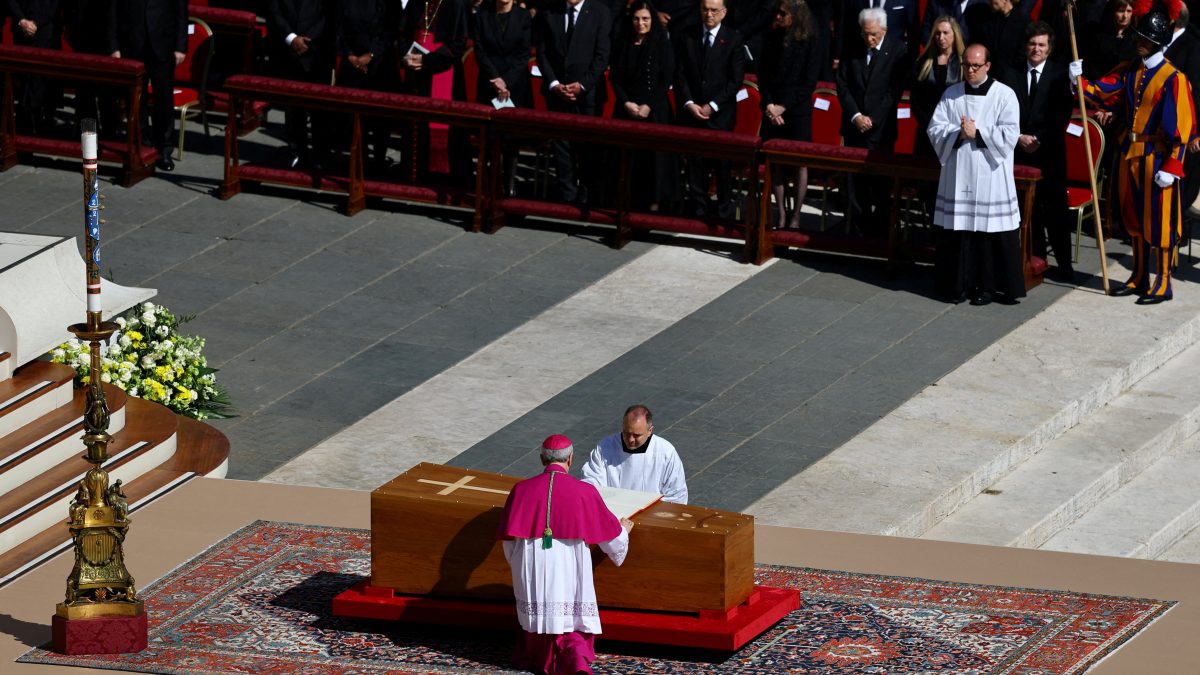)
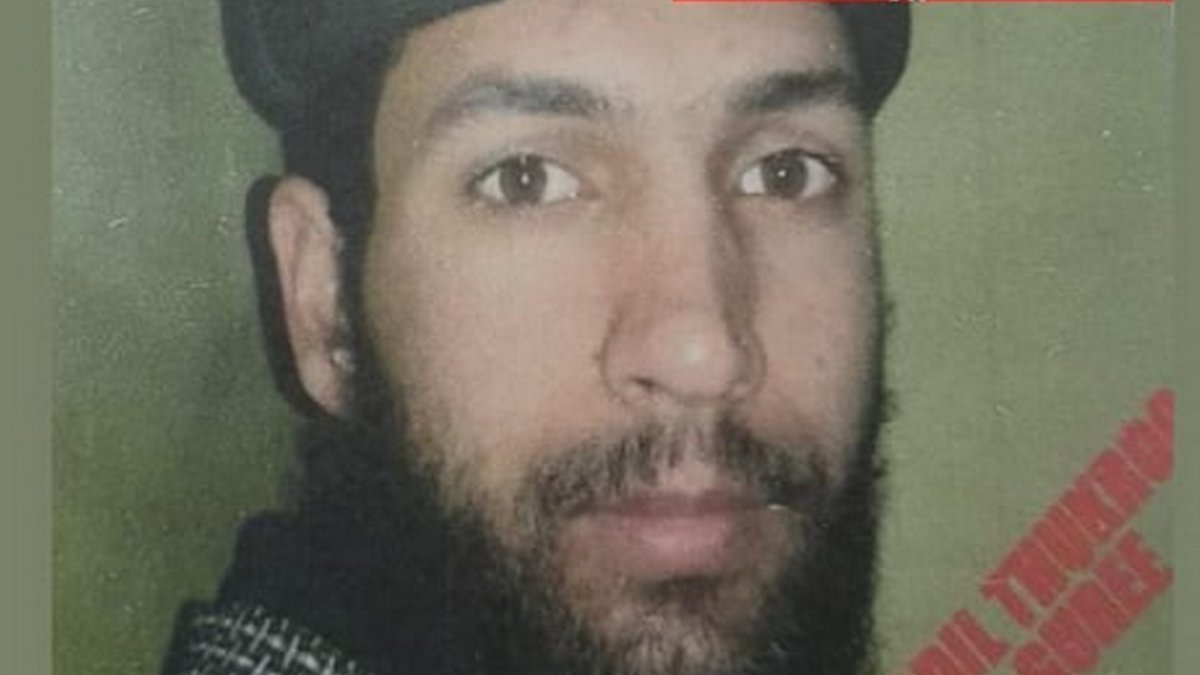)
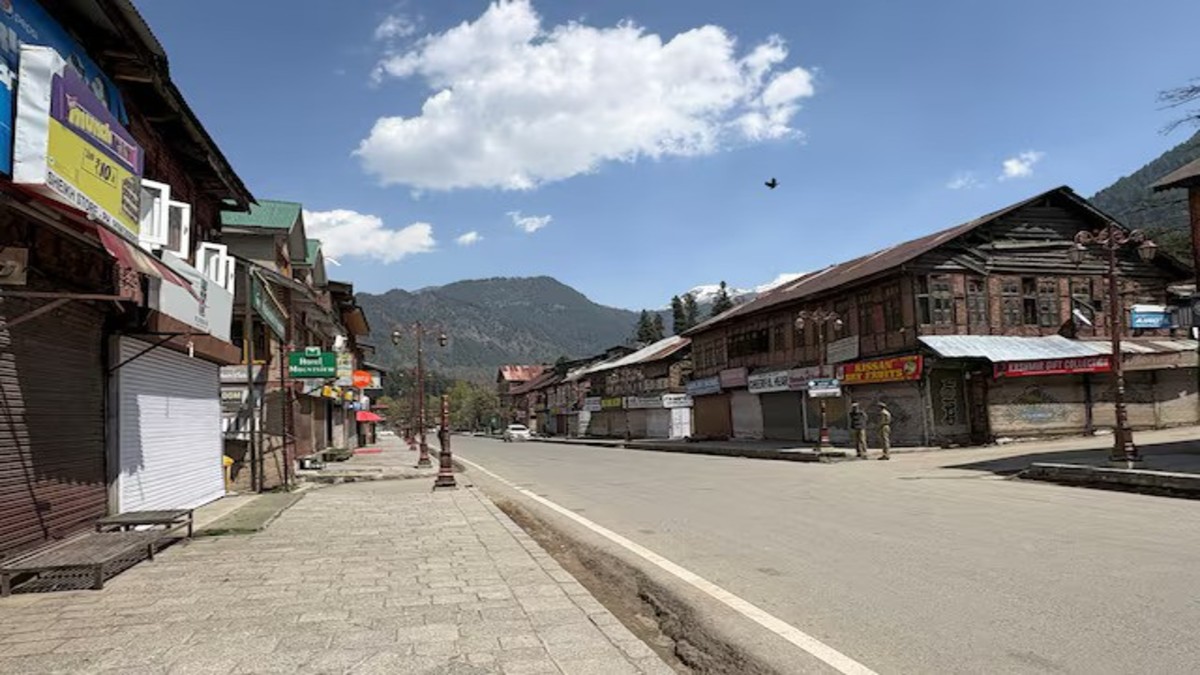)
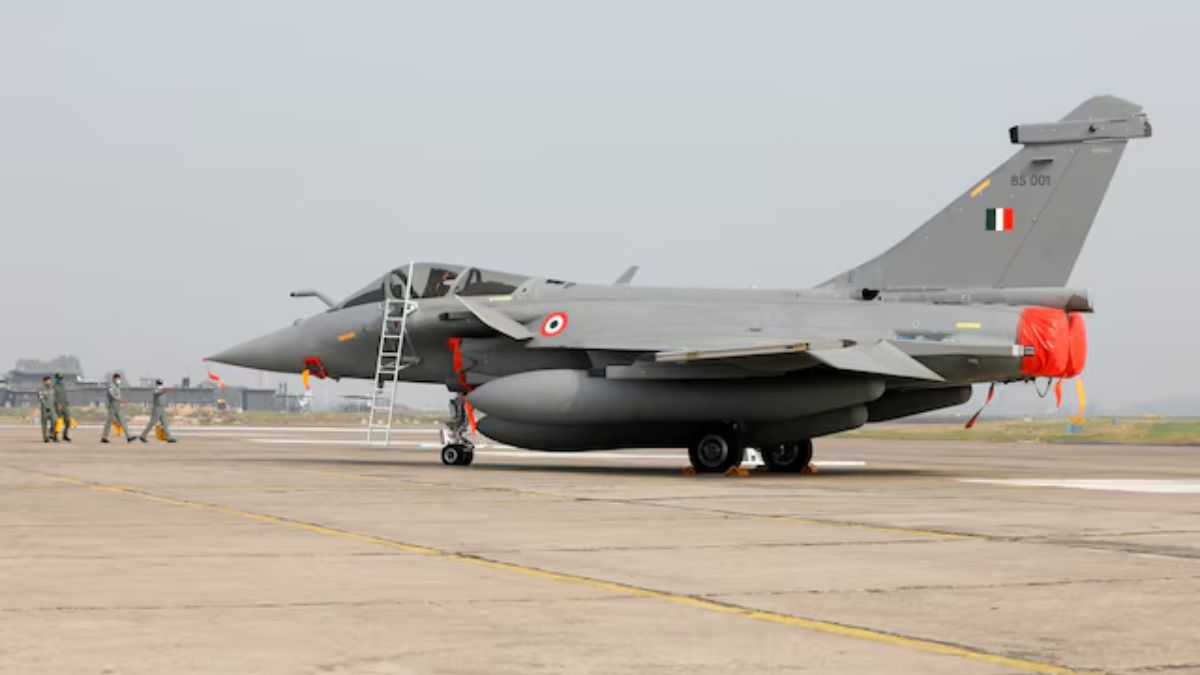)
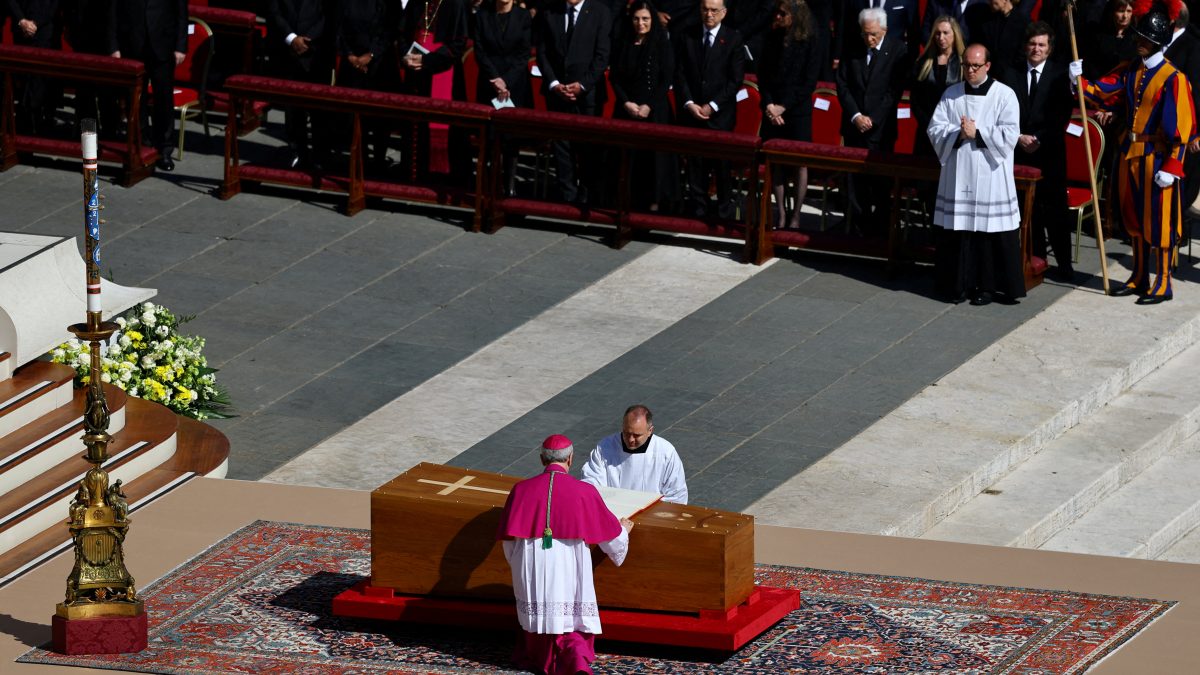)
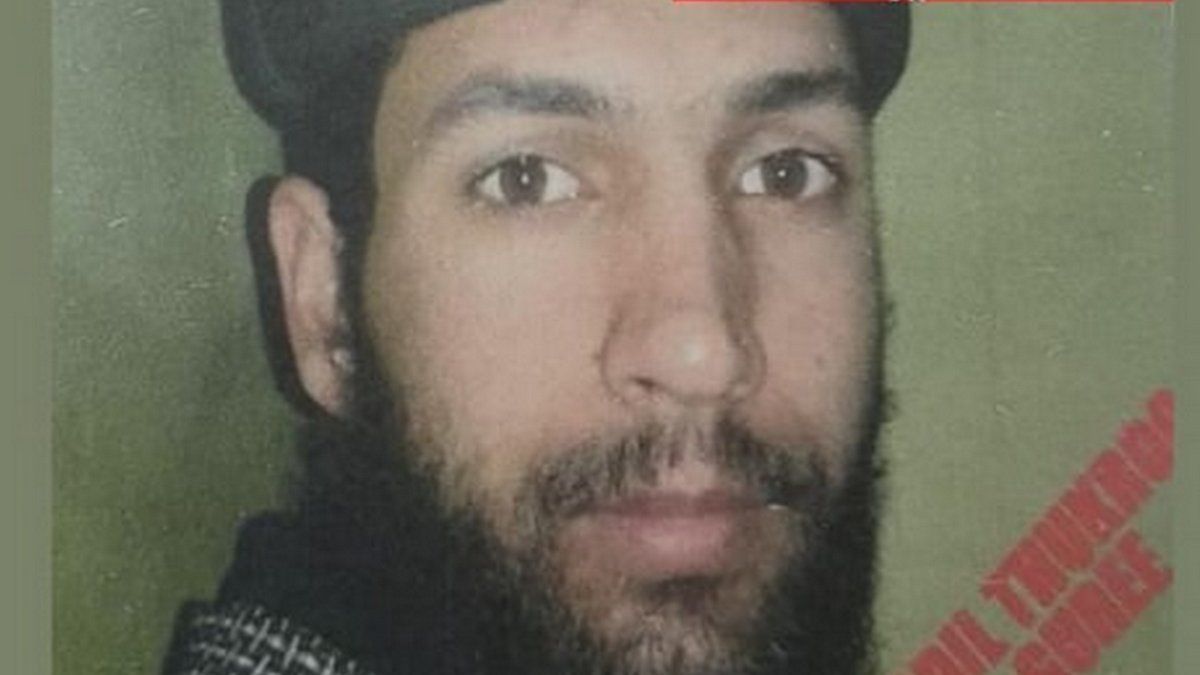)
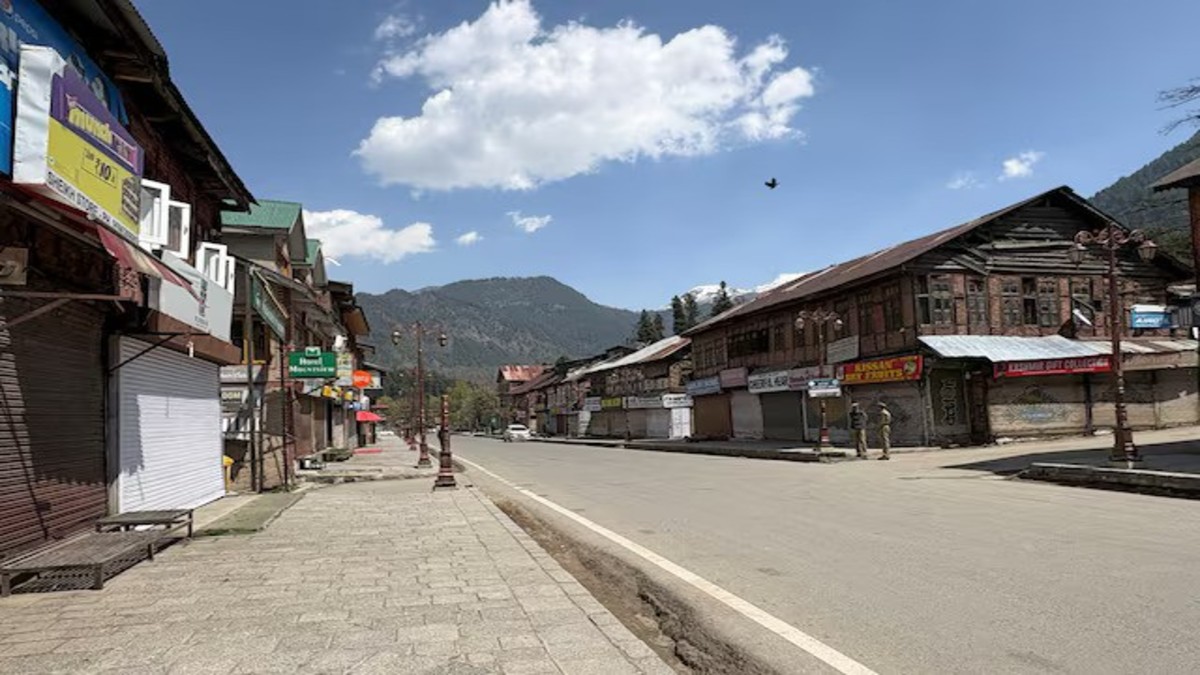)
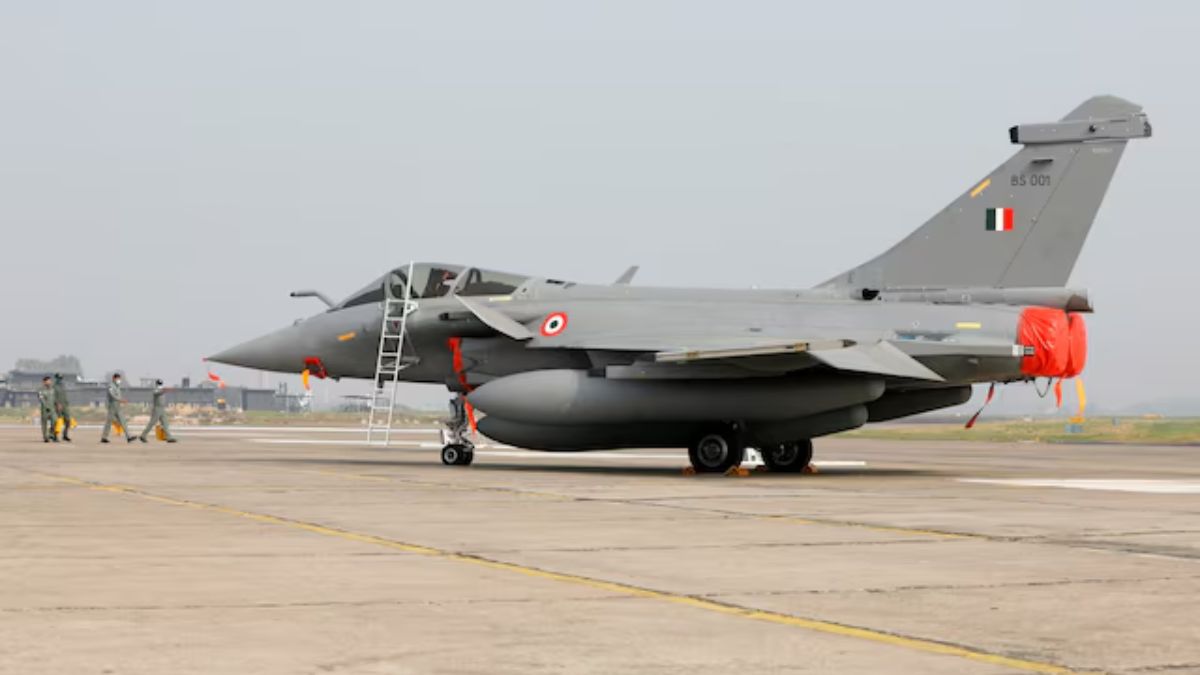)